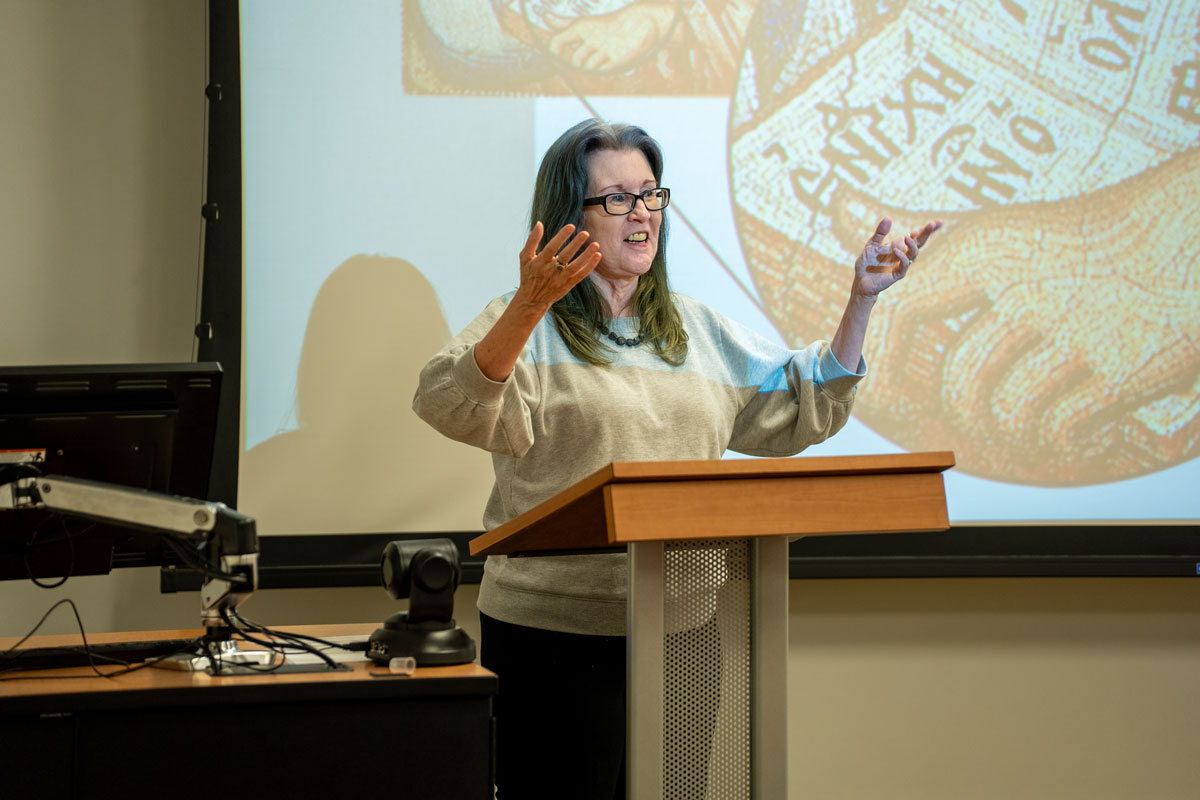Coursedog Open for CoreFSU Proposals
The Office of CoreFSU has resumed accepting course proposals for CoreFSU approval as of August 1st. Faculty members must join the Curriculum Hub Teams Group for additional resources concerning CoreFSU and Coursedog, including course design requirements, curriculum deadlines, approval workflow, and guidelines regarding proposal forms.
Information about CoreFSU course design requirements that were previously housed on this page have been moved to the Curriculum Hub.
To request access to the Hub, please contact UGS-CoreFSU@fsu.edu or Curriculum-Help@fsu.edu.

The CoreFSU curriculum consists of two parts: General Education Requirements and University-Wide Graduation Requirements. Through courses offered in both of these categories, CoreFSU lays the foundation for a student’s major by introducing ideas, approaches, and skills that will be expanded upon in advanced courses. General education courses (1000-2000 level) are typically taken in the first two years and allow students to explore multiple academic disciplines, whereas university-wide graduation requirement courses (1000-4000 level) are taken throughout a student's undergraduate career, with a greater focus on upper-division courses that can be integrated into the student's major.
Each CoreFSU designation carries a unique set of learning objectives and course design expectations. To certify a course for one or more CoreFSU designations, a faculty member must submit a proposal in Coursedog. For additional resources on using Coursedog for CoreFSU approval, including current CoreFSU course design requirements, please visit the Curriculum Hub Teams Group. If you are not yet a member, please email UGS-CoreFSU@fsu.edu or Curriculum-Help@fsu.edu to request access.
